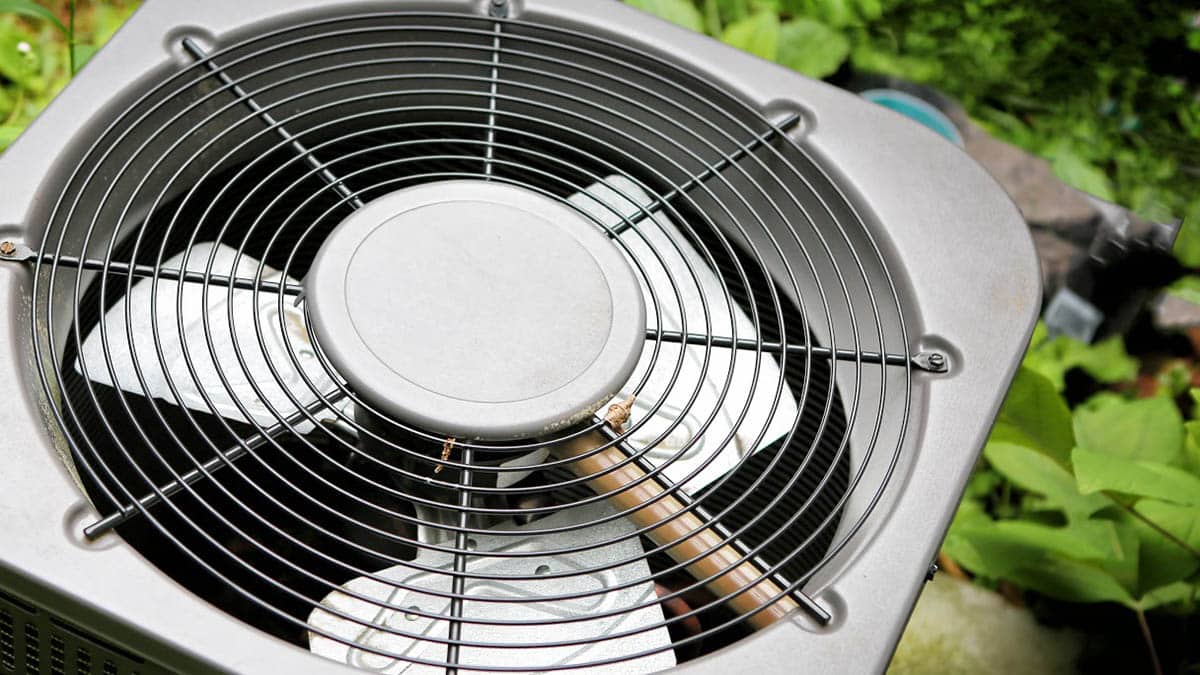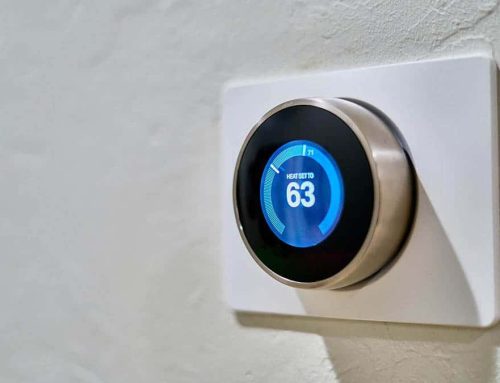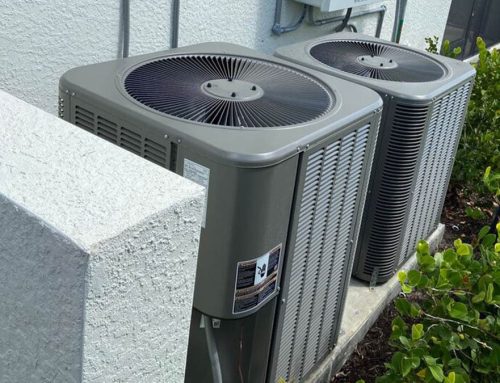How to Perform an HVAC Load Calculation

An HVAC load calculation uses various factors to determine the number of British Thermal Units (BTUs) required to heat or cool your home. The primary metric used is square footage. However, there are many factors that determine the size of AC you need. While your local contractor will perform an HVAC load calculation before replacement or installation, you can get a general estimate by understanding the process.
Why Your AC Must Be Just the Right Size
The capacity of an air conditioner must match the square footage of a house for it to provide comfort, be efficient, and remain durable. If an AC is oversized, it will use more energy than necessary, increasing operating costs, and develop wear and tear sooner. If an AC is undersized, the unit will never stop running and not get your home cool enough, which also increases wear and energy costs.
Properly Sizing an HVAC Unit
The Air Conditioning Contractors of America has devised a technique called the Manual J residential calculation. It’s often performed by a complex computer program, but contractors use a BTU calculator to simplify the process and obtain a general estimate of clients’ requirements in the field. If you’re wondering how to perform an HVAC load calculation, use the following:
Square Footage
Using your home’s blueprint, you can find its square footage. Otherwise, you can determine this by measuring the length and width of each room and multiplying both values. Go room by room; once you know the square footage of all of them, just add up the numbers and you have the total square footage of your home.
Alternatively, you can measure the size of your house from outside and subtract the square footage of garages, basements, or any other area you don’t intend to heat or cool.
Ceiling height is another major consideration. A typical residential ceiling height is around 8 feet. It’s often integrated it into a formula to calculate BTUs. But generally, the higher the average ceiling height in your home, the more impact it has on capacity requirements.
Insulation
The better the quality of insulation, the more effective your HVAC system will be. A load calculation factors in insulation grade, whether you have an extremely well insulated home, above average insulation, a U.S. standard insulation grade, or below average one.
Some key factors related to insulation include:
- Number of Windows: Windows are a source of air leakage and heat entry. For each window in your home, add 1,000 BTUs to your calculation.
- Number of Exterior Doors: A door is also a source of air leakage and affects efficiency. Add 1,000 BTUs for every exterior door your home has.
- Number of Occupants: Add 100 BTUs per person living in your home, as factors such as body heat and people using devices, fixtures, and appliances contribute heat.
How the Space Is Used
Determine whether a room being heated or cooled has heat-producing appliances. For each device, input the wattage so its heat output can be included in the calculation.
Example HVAC Load Calculation
- 2,000 square feet x 25 (base value) = 50,000
- 3 people x 300 = 900
- 10 windows x 1,000 = 10,000
- 2 exterior doors x 1,000 = 2,000
- 50,000 + 900 + 10,000 + 2,000 = 62,900 BTU
Since a one-ton AC can cool up to 12,000 BTU/hr, for this home, you’d need an at least 5-ton AC unit.
A more advanced load calculation may factor in ceiling height, the difference between the outside temperature and desired indoor temperature, and your climate and geographic location. Specific climate regions of the U.S. can be factored in as well.
Contact Hays Heating, Cooling & Plumbing
Trusted for quality AC replacement and installation in Phoenix, our licensed techniciansproperly install HVAC equipment and know how to perform an HVAC load calculation to determine the right sized unit for your home. We also offer routine maintenance programs and repair services that cover every type of AC or heater repair you might need. Special offers and financing help clients across the Phoenix Valley save. Contact us online to schedule service or call 602-806-1291.


